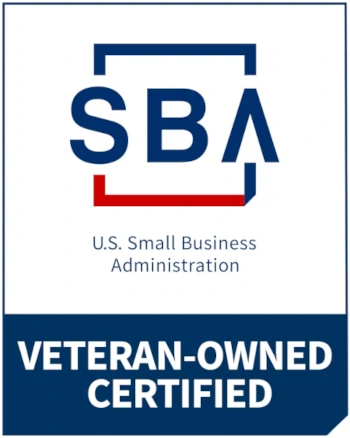
Cigarette Revenue Stamps
When a licensed vendor (e.g., manufacturer, distributor, wholesaler) has paid the state excise tax for tobacco products, they receive a stamp from the state to affix to the tobacco products to sell at retail. Essentially, tax stamps are evidence of the payment of tax.
Traditional tax stamps have been historically required since excise taxes were first imposed on tobacco products, much like stamps are used on other licenses and products states regulate (e.g., hunting, alcohol sales).
The tobacco industry and its allies claim that tobacco tax increases will lead to surges in cigarette smuggling and tax evasion. However, tools already exist – and are being used in several locations – to effectively prevent counterfeiting and contraband cigarette trafficking or other tobacco tax evasion.
High-tech tax stamps use the latest “track and trace” technology to enable enforcement officials to confirm payment of applicable taxes, but they also allow them to follow the supply chain to confirm that the products are where they should be.
In contrast, traditional cigarette tax stamps used by most locations merely indicate payment of cigarette taxes. By preventing contraband trafficking and other cigarette tax evasion, high-tech tax stamps not only fight crime and increase government revenues even without tax increases, but also help to protect public health and reduce smoking by stopping illegal cigarette sales at below-market prices.
High-tech tax stamps work better than traditional stamps because they contain special designs and encrypted codes that make the stamps almost impossible to counterfeit.
As of 2020, at least ten countries (Albania, Brazil, Canada, Georgia, Hungary, Kenya, Malaysia, Mongolia, Morocco, and Turkey) were using advanced track and trace technology, and several other countries are in the process of implementation.
South Africa is one of those countries led by SARS (South African Revenue Service). Signakey has assembled and directs a team of specialist global organizations to deliver a complete high-tech tax stamp solution. It encompasses the latest IOT labelling equipment for all 54 high-speed packaging lines and the ability to print and deliver 35 million ultra-secure highly encrypted stamps per week to16 competing manufactures spread around the county.
SARS field enforcement agents will all receive full system training, and will be provided with sophisticated handheld computers, enabling then to check for illicit product in the field by real-time connection to two identical Level 4 secure data centers. These data center monitor in real-time all the packaging lines with advanced track and trace technology and full data aggregation from all touch points.

